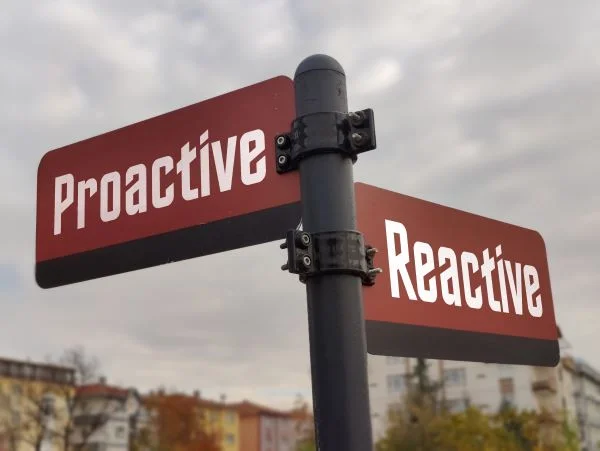When you have a critical situation, such as a product recall, the stakes for your company are high. The determining factor for whether your company survives and thrives or becomes another casualty in the war of business is often how well you manage the root-cause analysis process. Troubleshooting a recall can be very complex, but identifying the “actual root cause” is a critical step to formulating effective corrective actions and preventative actions (CAPAs) necessary to fix the underlying problem, re-assure regulators and return your products to the marketplace. Successful RCA is measured not just by the quality of what is identified and the time required, but also by how efficiently resources are utilized during the RCA process.
Enthusiasm can be a powerful resource, but if left unharnessed it can quickly lead to chaos. When faced with a product recall, there will be a tendency for everyone in your organization to want to contribute and try to “help” solve the problem. Individual and team activities will begin overlapping each other – creating redundant effort as well as reaching potentially conflicting conclusions. The “virtual walls” which exist because of culture and organizational structures can inhibit experts from collaborating with each other and freely sharing information across functions. When this happens, the overall situation becomes even more complex and the root-cause analysis process slows. Neither of these is acceptable when your product has been recalled, your customers are upset and regulators are scrutinizing your every action.
Having a core set of root-cause analysis tools and methods, consistently applied across the organization can help not only avoid the chaos, but also can enable better teamwork with more fluid information sharing; plus, individuals will understand their role in support of the common goal. This doesn’t mean you only have one root-cause analysis method that is always used – everyone knows that one size does not fit all and having a variety of tools in your toolbox can be helpful.
The key to success is picking the right core set of RCA tools for your organization’s toolbox and ensuring your employees know how to use them effectively and consistently. Such methods as “5 Whys,” Ishikawa (fishbone) analysis and Kepner-Tregoe (KT) Problem Analysis are a good set of initial methods. When a critical situation (such as a product recall) occurs and the layers of complexity begin to unfold, it’s important that employees have been trained in these methods in advance. The team will be able to manage confidently the big-picture and dispatch experts on the investigation team to apply more sophisticated techniques where they will have the most impact.
As each individual (or function) applies his or her unique perspective and set of activities to the problem, his or her discoveries and observations can be integrated into the organization’s collective understanding of the situation. Having a more complete understanding of the situation then enables CAPAs to be identified and implemented with greater confidence and effectiveness. Having a consistent set of RCA tools and methods enables the organization to achieve this result faster and with more efficient use of resources.
Product recalls are a critical time for companies and can have long-lasting impacts on customer perception and company profitability. The good news is there are steps your company can take now (whether you are in the middle of a recall or just want to be better prepared), so your team is much more likely to succeed. Adopting and training the organization on a consistent set of RCA tools is one of those steps. To learn more about RCA tools and other techniques for saving time and money through recall remediation, read the article on “Saving time and money through recall remediation” or visit https://kepner-tregoe.com/.


